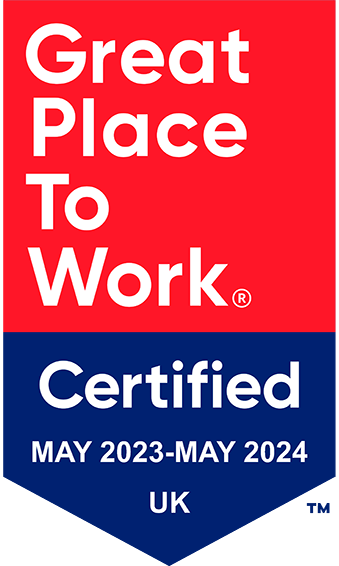Congratulations! The hard work you put in writing a cover letter, updating your CV, and nailing those interviews has paid off. Not one job offer, but two! It’s a wonderful position to be in and for a good candidate with the right skills, not uncommon. One last decision to make. How do you go about deciding which of the two jobs to take?
The first step in making the decision is very important – make sure you have a formal job offer for both roles and know the timeframe for them to be accepted or rejected. Often, a job offer is first made via a phone call from an HR department or from the hiring manager. Be enthusiastic on the call, but make sure you clarify what the process is, when the formal offer will come through and what the timescale for acceptance and confirmation is.
Apples and oranges?
Once you have two offer letters, it’s time to compare what is on offer. A common mistake is just to compare one thing. Not apples and oranges, but the salary. Yes, it’s an important factor, but it may not be the most important? Which job offers the best career prospects? Training? Travel opportunities? The culture of which company is likely to suit you better? How much commuting is involved? How much holiday do you get? Is flexible working an option? Pensions? Health care? What actually matters to you and what is simply not important?

Get a large piece of blank paper, or open a spreadsheet, and make some comparisons in the following areas:
- Salary
- Bonuses
- Pension
- Health insurance
- Other perks / car allowance etc
- Working hours / shifts / overtime
- Work environment
- Flexible working
- Numbers of days of vacation
- Career progress opportunity
- Company values vs your own
- Culture
- Overall impression
- Line manager
- Best feature of the company / job
- Worst feature of the company / job
The aim of the process is not to simply take the job with the highest score, but to make sure you are considering the job offer and company in a more holistic manner. As well as helping to compare the two offers, you can reflect on what is important to you. Is financial reward the most important aspect or is maintaining a good work / life balance? How important is the overall culture and values of the company to you? Is this a long-term job or a short-term steppingstone?
Make a trial decision
It may be that the decision is easy, with one job offer standing head and shoulders above the other. If not, one good way to select between the two offers is to make a trial decision and see how it feels. “I am going to select the job with Mega-Corp because they offer a better overall financial package.” How does the decision feel? How does your gut react? Talk it over with friends, what do they think? How do you react to what they think? What are your instincts telling you to do?
You know you best
Only you know what is important to you. Insight and input from other people can be helpful, but ultimately you have to make the decision. The good news is that if the choice is really close, there probably isn’t a wrong answer.
Negotiate
Sometimes, one job offer comes out on top based on the hard metrics, salary, perks etc, whilst the other wins on job excitement, cultural fit etc. You prefer job A, but with the salary of job B! This is a great opportunity to negotiate. Get back in contact with the company you prefer and be open with them about the two job offers. “I would much prefer to work for you, but I have another job offer that is paying a higher salary, is there anything you could do in this area?” The worst that can happen is they say ‘no’. Often there is some scope to increase a salary offer, or indeed other benefits if they are important. The company wants you, that’s why they offered you the job. This is a great time to negotiate and get the job offer you want!

Say Yes then say No
Once you have made the decision, it is important to say ‘yes’ before you say ‘no’. No job is finally agreed until the employment contract is signed. Unlikely though it is, something could go wrong. Ideally, say yes to the preferred job offer and then once you have a signed contract of employment, you can let the other company know. Finally, always be polite and professional to the rejected company, you never know when you might want to reapply!
We wish you good luck making the decision. Don’t be rushed. With some careful thought and reflection, you will end up in the role that suits you best and make a great career for yourself.






